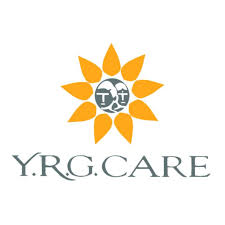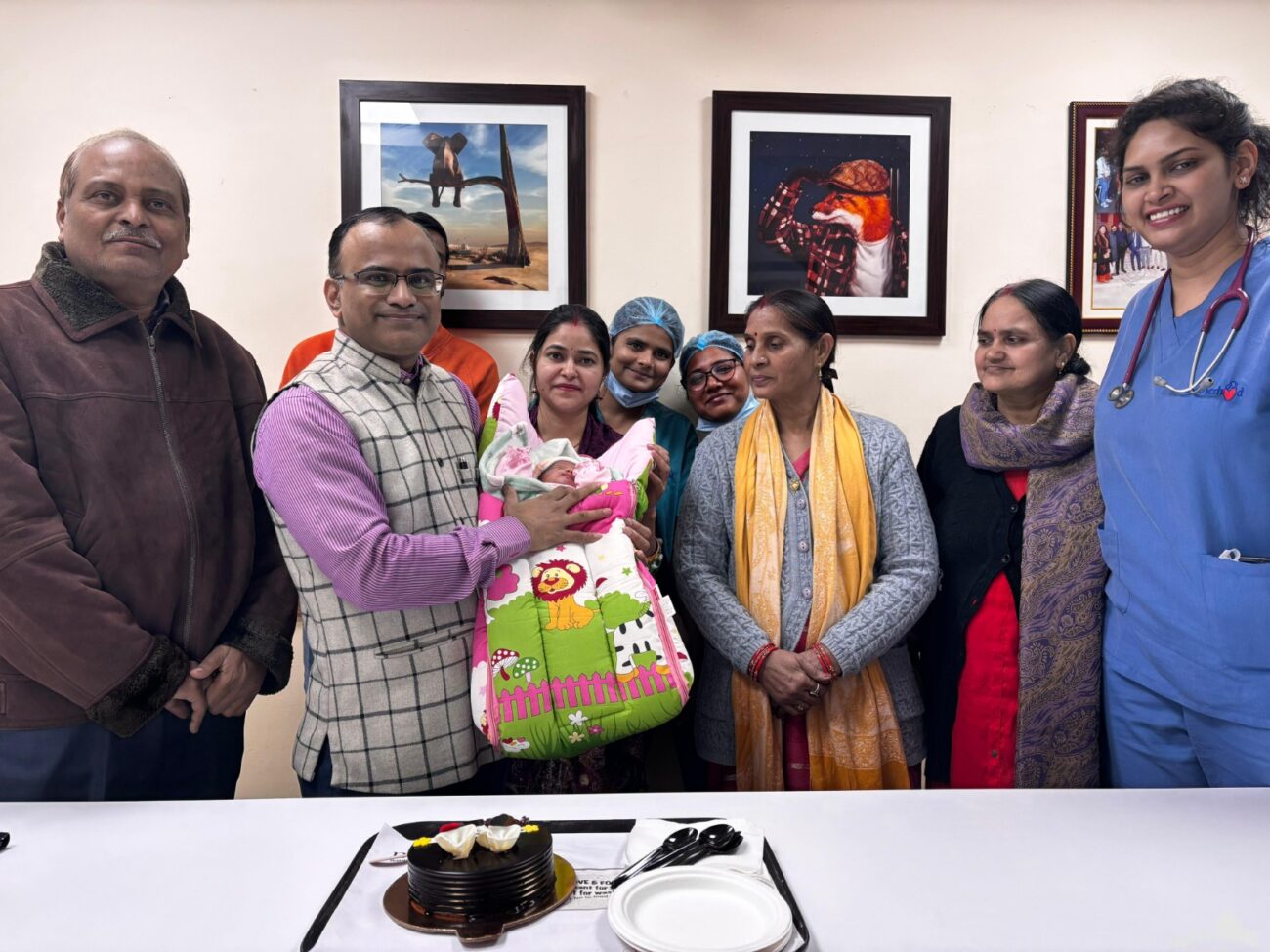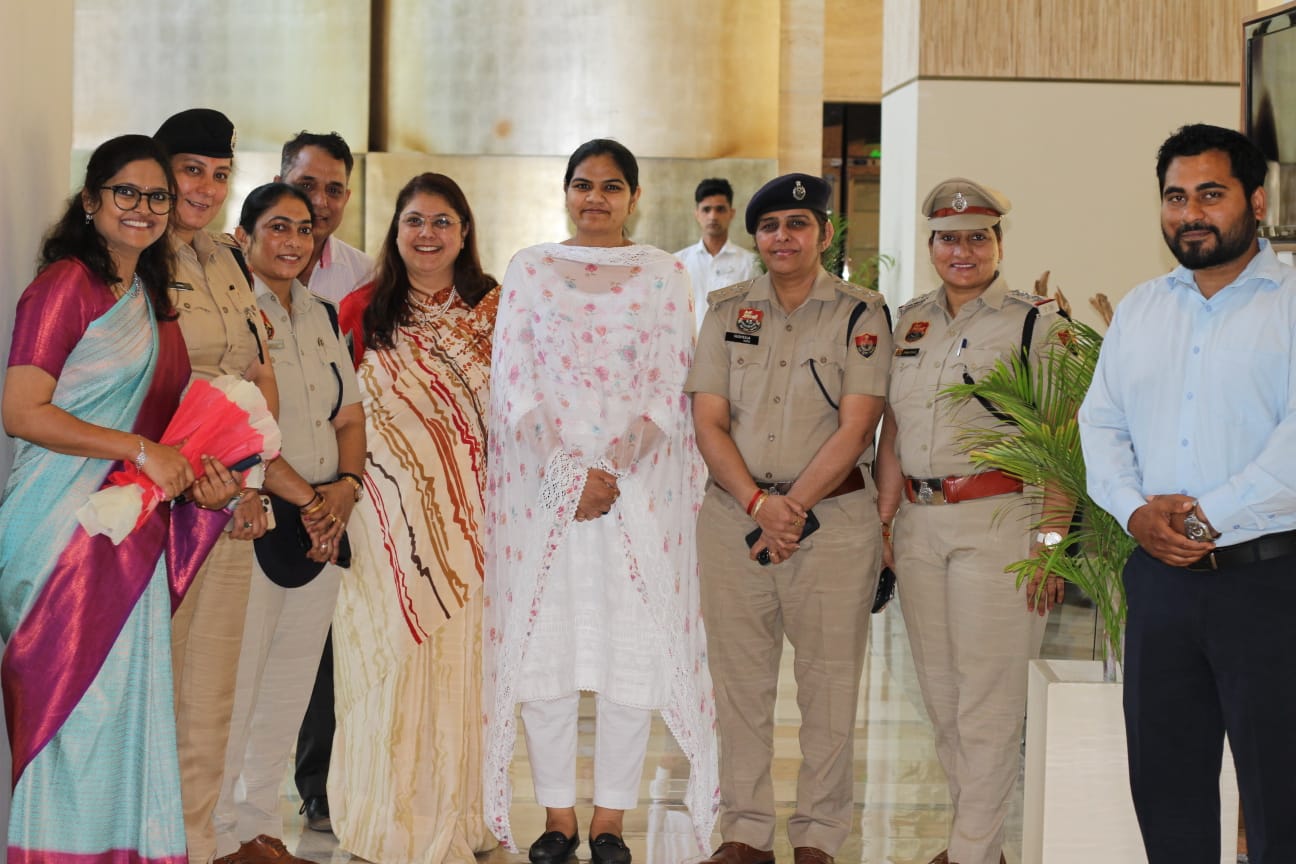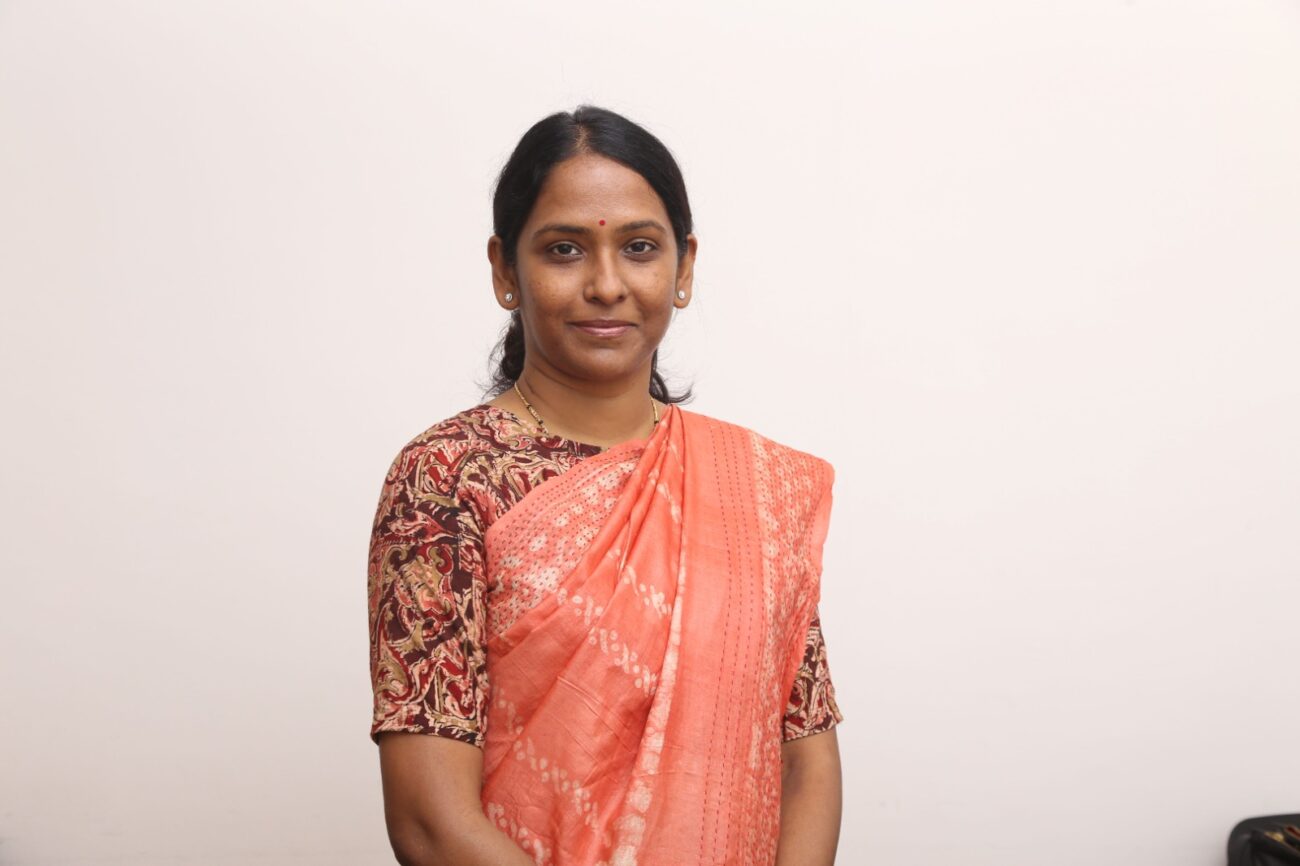Abbott and YRGCARE Inaugurate New Innovative Outreach Centers in India, Offering Testing, Treatment and Support to Help Stop the Spread of HIV and Other Infectious Diseases
The Blue Shed facility in Delhi will offer holistic care to people who are vulnerable for HIV, hepatitis, and other infectious diseases An adolescent center in Aizawl offers care to at-risk teenagers through community

- The Blue Shed facility in Delhi will offer holistic care to people who are vulnerable for HIV, hepatitis, and other infectious diseases
- An adolescent center in Aizawl offers care to at-risk teenagers through community outreach and screenings
- This initiative is part of the Abbott Pandemic Defense Coalition, an industry-led global partnership advancing scientific research and providing support to end epidemics and help prevent future pandemics
Abbott and YRGCARE, a leading non-profit offering non-stigmatizing, high-quality services to those with or at risk for HIV (Human Immunodeficiency Virus), opened two new facilities dedicated to helping stop the spread of HIV. The initiative aims to transform the lives of over 2500 people in these cities over the next year by taking a holistic approach for those who have or are at-risk for HIV and other known or emerging infectious diseases.
YRGCARE began providing support for people who at risk for HIV in Delhi in 2012, particularly for PWID (people who inject drugs), as transmission of HIV, hepatitis and other infectious diseases is higher amongst this group. The non-profit has been collaborating with Abbott since 2014 to support people beyond the scope of the HIV care continuum. The first facility, called “The Blue Shed,” is based in Delhi’s Yamuna Bazar, a hotspot for HIV transmission amongst its largely transient population. The new facility will offer testing, treatment and counselling, and other support services to provide holistic support for those who have or are at-risk for HIV and other known or emerging infectious diseases.
The facility features a laboratory for on-site testing, which will enable the detection of known and emerging infectious diseases to help better track outbreaks. People can also consult with doctors and healthcare workers, access social services and daily meals, and use the hygienic facilities for showers. It aims to bring a more humane touch in people’s lives.
—more—
Beyond testing, the facility helps provide linkages to government-run OST (Opioid Substitution Therapy) and ART (Antiretroviral Therapy), as well as tuberculosis treatments when needed. Currently, more than 600 individuals are registered with the clinic, and this number is growing every day.
In Mizoram, YRGCARE recently opened an adolescent center in Aizawl to serve at-risk youth who are vulnerable to HIV and other sexually transmitted infections. In addition to testing through the support of the Abbott Pandemic Defense Coalition, the Center offers access to treatment and other healthcare services, counselling and mental health services and guidance programs. Over 1600 young people have enrolled and this number is increasing.
Sunil Solomon, Chairman, YRGCARE said, “Through our work with people in these areas, we recognized that meeting more of their needs and transitioning from a disease focus to a person focus could have a better opportunity to get them connected to healthcare and counselling. The HIV epidemic in India remains a public health issue and outbreaks can easily move from one area of the country to another as people migrate. Both facilities are an example of the type of innovation that is needed to address viral transmission amongst harder-to-reach populations that continue to experience high rates of HIV and hepatitis. This collaboration with Abbott is testament to the impact private-public partnerships can have in both identifying and responding to ongoing epidemics. The provision of testing services at centers will also help inform the emergence of new strains and need for new diagnostics.”
Dr. Gavin Cloherty, Head of Infectious Disease Research at Abbott’s diagnostic business said, “By ensuring more people who have HIV and other infectious diseases understand their status and have access to treatment, we can help stop the spread of this virus. In addition to its local importance, these facilities join an international network of organizations focused on viral surveillance and helping to prevent the next pandemic through the Abbott Pandemic Defense Coalition. The COVID-19 pandemic has shown us how large-scale alliances spanning the globe are necessary to effectively address the burden of infectious diseases. We are proud to continue our long partnership with YRGCARE in this important work.”
Both facilities were established to help more at-risk groups of people live a healthier life with dignity and social acceptance at an integrated community center, while ensuring that medical resources are deployed to the people who need them the most, making a real impact in the community and people’s lives. These centers reiterate that pandemic preparedness isn’t just about hunting for the next, new virus, but helping to address the current epidemics such as HIV and hepatitis.






